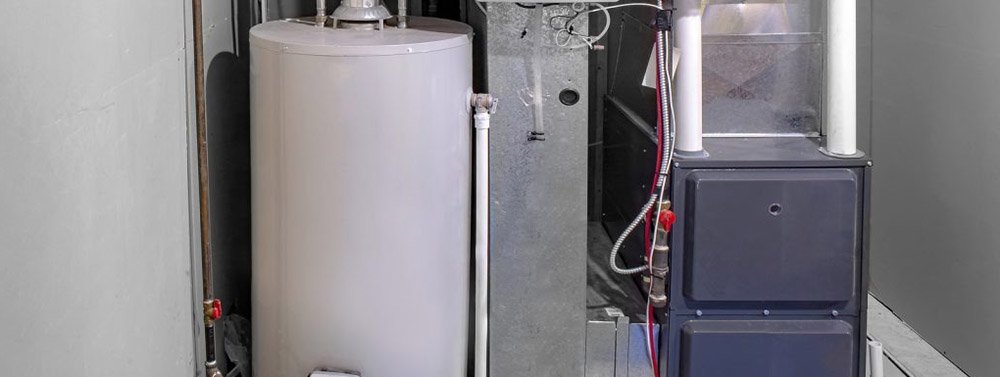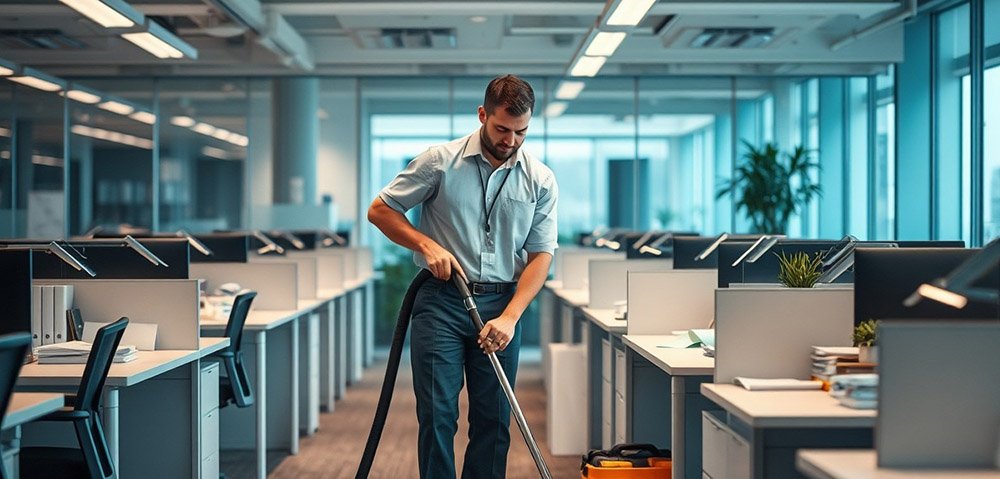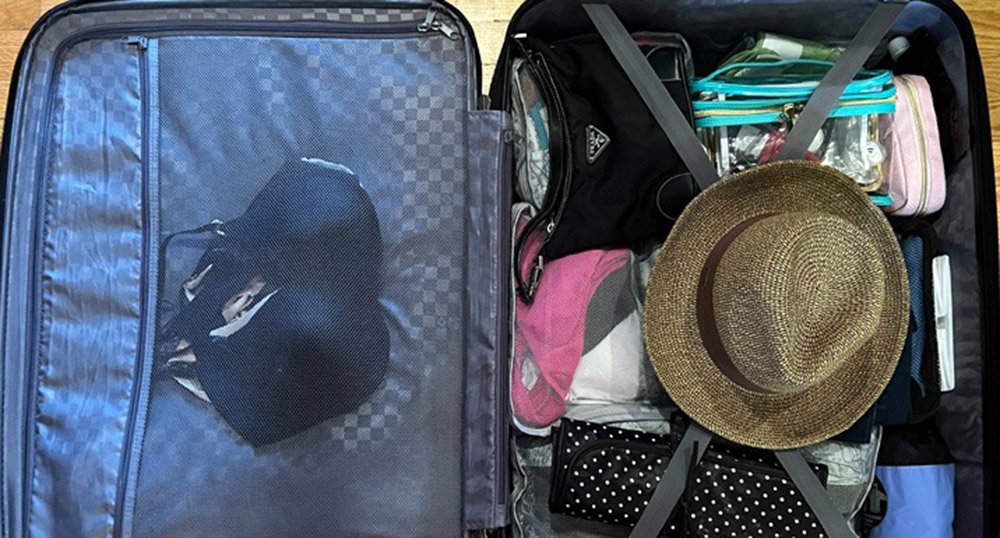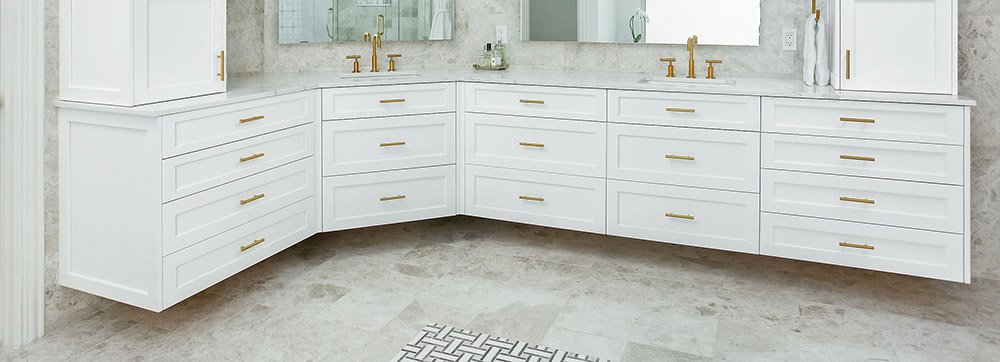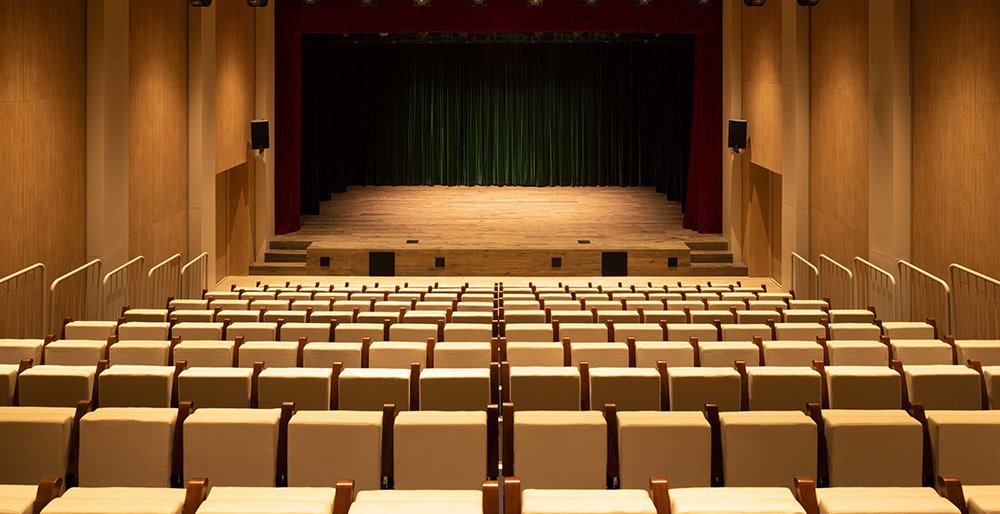Keep your house warm and comfy in winter. However, furnaces may be dangerous if not properly maintained, even when they keep indoor temperatures warm. Carbon monoxide poisoning, fires, and system failures are dangerous, costly, and can cause health issues. Taking easy actions to maintain your furnace running efficiently and securely may keep your house warm without compromising safety. This article covers furnace safety advice to help you avoid dangers and keep your heater running efficiently throughout winter.
The Importance of Regular Furnace Maintenance
One of the most important actions you can take to ensure the safety and longevity of your furnace is to schedule regular maintenance. Furnace maintenance is an essential service that should be performed by a professional technician at least once a year. This service typically includes cleaning the system, inspecting all components, checking for potential hazards, and addressing minor issues before they turn into major problems. Timely maintenance not only helps improve the efficiency of your heating system but also extends its lifespan.
By hiring a trusted professional, such as Ben’s Plumbing, for furnace inspections, you can prevent costly repairs and ensure that your furnace is running as it should. Technicians will also check for any hidden issues, such as gas leaks or clogged filters, that could pose safety risks. Catching problems early can help you avoid breakdowns during the coldest months of the year.
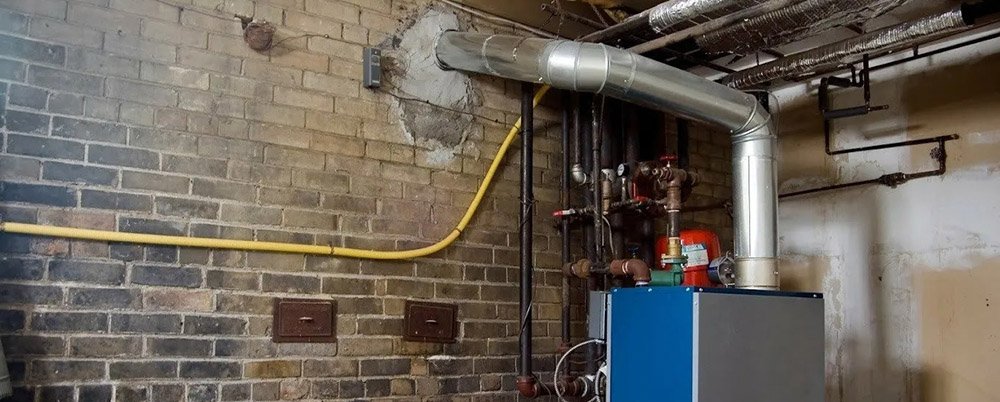
The Role of Air Filters in Furnace Performance
Your furnace relies on a steady airflow to function efficiently. A dirty or clogged air filter can disrupt this airflow, forcing the furnace to work harder to heat your home. In some cases, this can even lead to overheating, which could damage the system and create a fire hazard. To avoid these risks, it’s vital to replace your furnace’s air filter regularly.
How often should you replace the filter? Generally, air filters should be replaced every 1-3 months, depending on usage and the type of filter. If you have pets or live in a dusty environment, more frequent changes may be necessary. Keeping your filter clean will help maintain optimal airflow, prevent overheating, and improve indoor air quality by trapping allergens, dust, and other harmful particles.
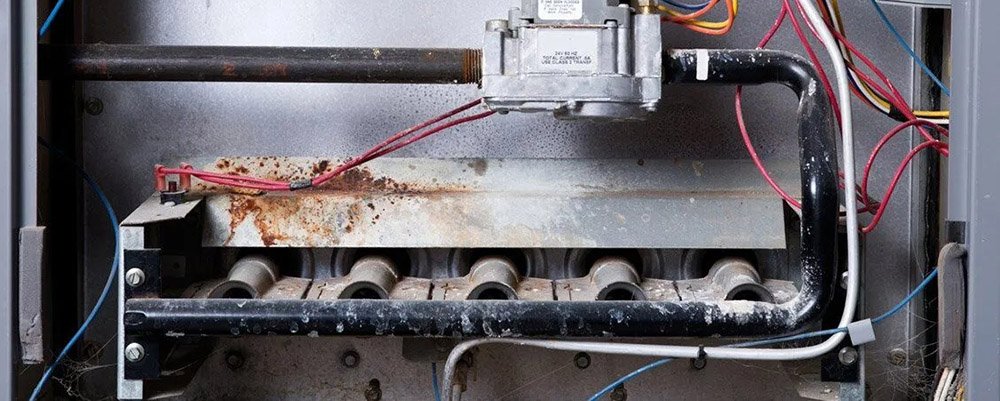
Gas Leaks: A Critical Safety Concern
Gas furnaces are widely used for heating homes, but they come with inherent risks. One of the most serious concerns is the possibility of a gas leak. Gas leaks can lead to dangerous situations such as fires or explosions, or cause carbon monoxide poisoning—both of which can be life-threatening.
If you smell gas or hear a hissing sound near your furnace, evacuate your home immediately and avoid using electrical devices (including turning light switches on or off). Once you’re safely away from the home, contact your gas provider or a licensed professional to inspect and repair the leak. Regularly checking around your furnace for signs of gas leaks is a smart precaution to take, as it allows you to detect any issues before they escalate.
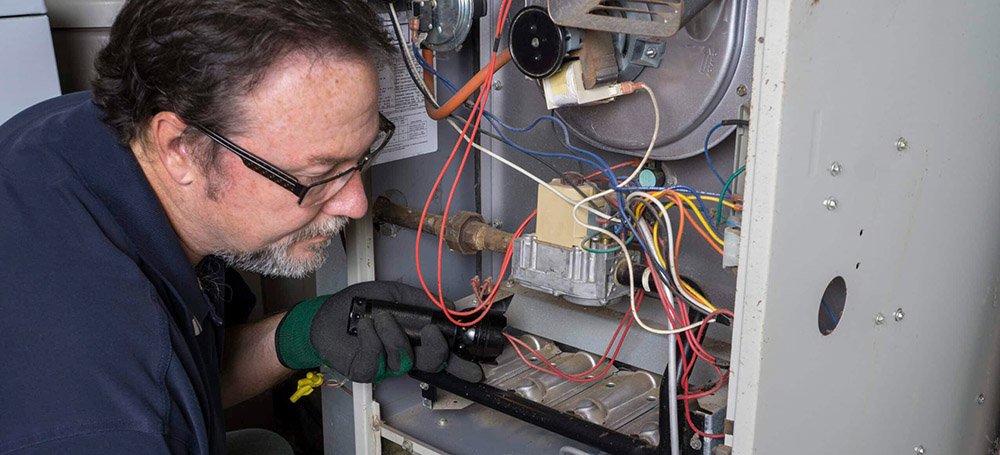
Ventilation: Key to Preventing Carbon Monoxide Buildup
Safe heating systems, especially gas furnaces, require proper ventilation. A blocked vent might keep carbon monoxide from leaving the property. This might cause deadly accumulation within your house, poisoning everyone.
Check vents, chimneys, and flues for leaves, snow, and animal nests. These must be removed promptly if they restrict ventilation. A professional examination can also guarantee your ventilation system is in good shape. Hazardous gas buildup is greatly reduced by clearing these places.
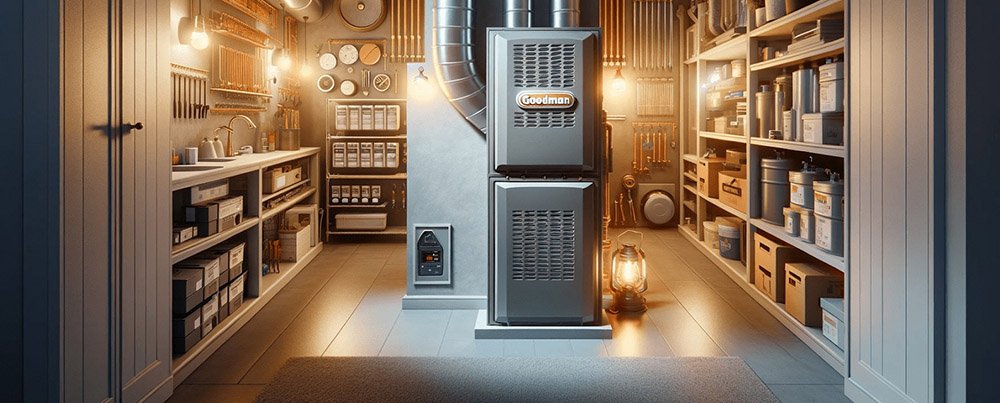
The Life-Saving Benefits of a Carbon Monoxide Detector
Carbon monoxide (CO) is a silent killer—it’s colorless, odorless, and tasteless, making it nearly impossible to detect without the help of a carbon monoxide detector. Installing detectors near your furnace and throughout your home is a simple and effective way to protect yourself and your loved ones from carbon monoxide poisoning.
These detectors should be tested regularly and have their batteries replaced at least once a year. It’s also important to remember that CO detectors have a finite lifespan, typically around 5 to 7 years. Replacing them when necessary ensures your family remains safe from this invisible threat. If a CO detector sounds an alarm, evacuate the house and call for help immediately.
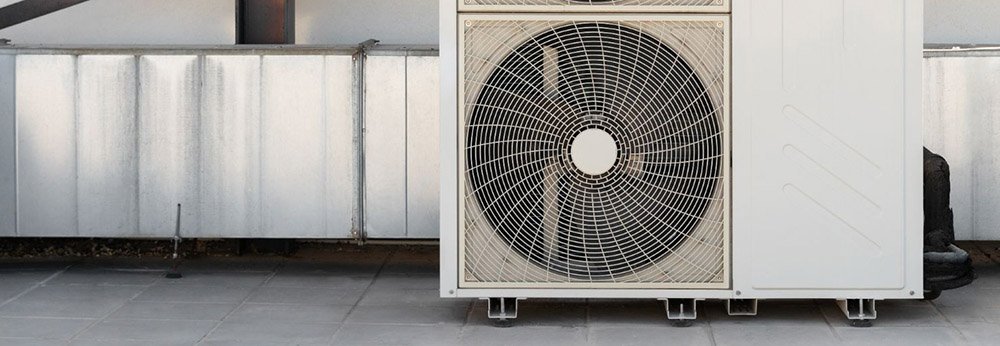
Fire Hazards: Keeping Your Furnace Area Clear
Keeping the area around your furnace clear of flammable materials is another important safety measure. Many household items, such as paper, cleaning supplies, and clothing, are highly flammable and can easily catch fire if exposed to the high heat produced by your furnace.
Ensure that the space around your furnace is free of any combustible materials. This will reduce the risk of a fire and improve the airflow around the furnace, allowing it to work more efficiently. Not only does this help prevent fires, but it also ensures your furnace remains in good working condition and operates at its best.
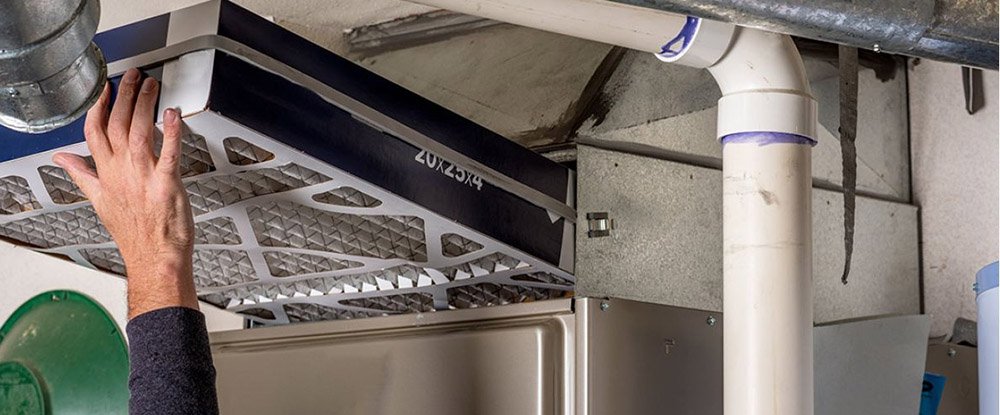
Know How to Shut Off Your Furnace
You must know how to switch off your furnace fast in an emergency. Learn where the furnace’s power switch or gas valve is and tell everyone in your home. Shutting off your furnace quickly can prevent more damage or risk in the event of a gas leak, electrical problem, or fire.
If you need help finding or using the furnace shut-off valve, consult a technician during your annual check. In a crisis, this information might be crucial.
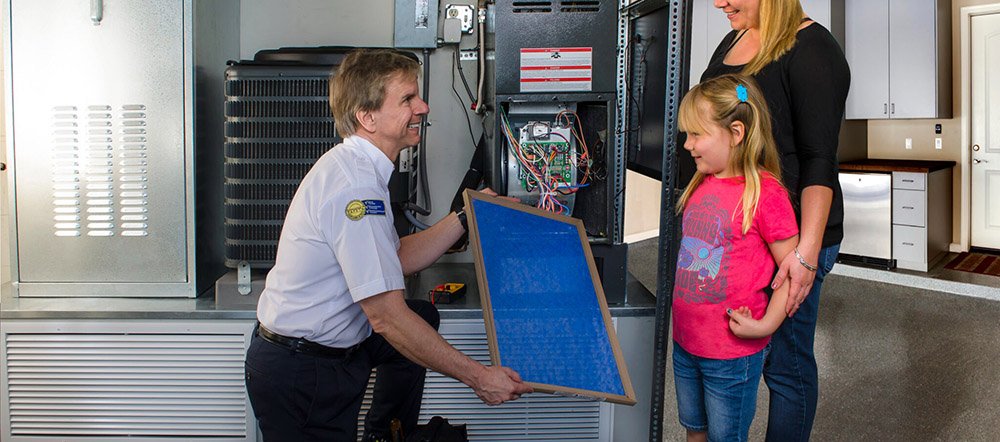
Final Thoughts
Winter is a time when your furnace plays a critical role in maintaining comfort and warmth in your home. However, furnace safety should always be a top priority. By following these simple tips—regular maintenance, replacing air filters, checking for gas leaks, ensuring proper ventilation, installing carbon monoxide detectors, keeping the furnace area clear, and knowing how to shut off the furnace—you can prevent common hazards and ensure a safe and efficient heating season.
Taking proactive steps to care for your furnace will not only provide peace of mind but also extend the life of your system, saving you money in the long run. And if you’re ever uncertain about furnace maintenance or safety issues, don’t hesitate to reach out to a professional technician to keep your home safe and warm all winter long.
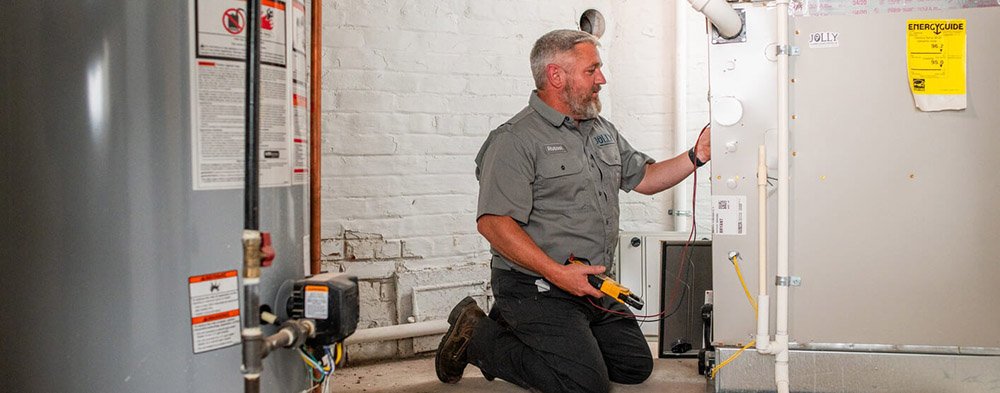
Frequently Asked Questions
How often should I schedule furnace maintenance?
At least once a year.
When should I replace my furnace filter?
Every 1-3 months, depending on usage.
How can I detect a gas leak?
If you smell gas or hear a hissing sound, evacuate and contact a professional.
Why is proper ventilation important for my furnace?
It prevents dangerous carbon monoxide buildup.
What should I do if my carbon monoxide detector alarms?
Evacuate the house immediately and call for help.


